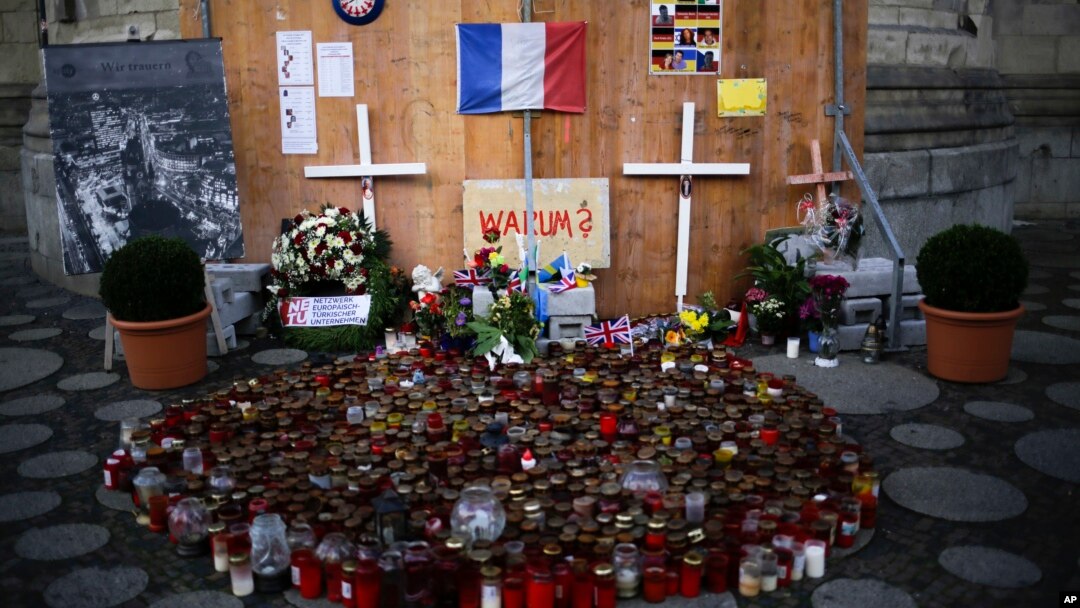The Tunisian man who carried out last year's deadly truck rampage at a Christmas market in Berlin could have been detained and possibly deported months before the attack, a special investigator said Thursday.
Anis Amri, a failed asylum-seeker, killed 12 people when he hijacked a truck and drove it into a crowded Christmas market in the German capital on December 19, 2016, in an attack that was later claimed by the Islamic State group. Public inquiries and German media have since uncovered a series of mistakes by officials who had been tracking Amri because he was believed to pose a public threat.
Bruno Jost, appointed by the state of Berlin to investigate how authorities handled the case, said security agencies had a good opportunity to question Amri in detail and put him in investigative custody for months after he was detained in southwest Germany on July 30, 2016, as he tried to travel to Switzerland with forged Italian papers.
"Pretty much every mistake that could have been made was made," Jost told reporters in Berlin as he presented his final report.
The former federal terrorism prosecutor said Amri was questioned only by state police in Baden-Wuerttemberg who weren't familiar with the 23-year-old and failed to delve into his ties to Islamic extremists or his drug dealing.
"Basically, it was a routine interrogation that largely centered on the source of the forged documents and nothing else," said Jost, adding that police didn't examine a piece of paper with Arabic writing or confiscate Amri's cellphone.
During his two-day detention in Friedrichshafen, none of the security agencies who had been observing Amri for months sent officers to Baden-Wurttemberg to question him about phone calls he made to his mother that proved he was a Tunisian citizen — a fact Amri had long denied in order to avoid deportation.
"In my view, there was a very realistic chance to take him out of circulation for [up to five] months" in Friedrichshafen, he said.
Jost also criticized the decision by Berlin authorities to stop eavesdropping on Amri's cellphone in June 2016, even though his case was regularly discussed by German counter-terrorism officials.
Amri fled to Italy after the Christmas market attack and died in a shootout with police near Milan on December 23, 2016.
Andreas Geisel, Berlin's top security official, said the report would be used to prevent similar mistakes from happening again and called for a parliamentary inquiry into the case at the federal level, to ensure the actions of authorities in all of Germany's 16 states are scrutinized properly.


